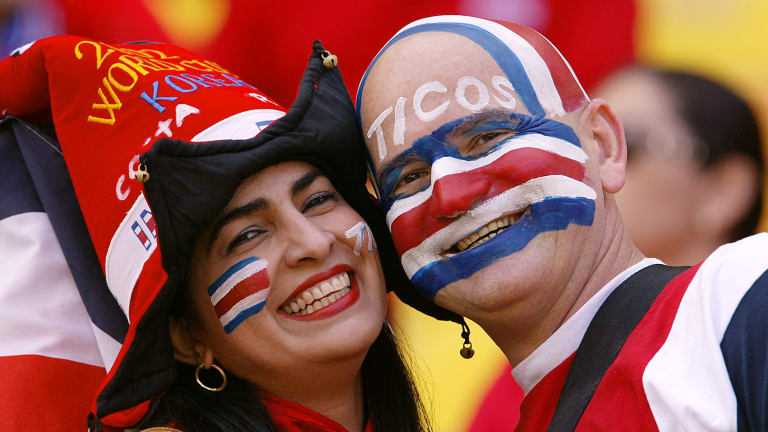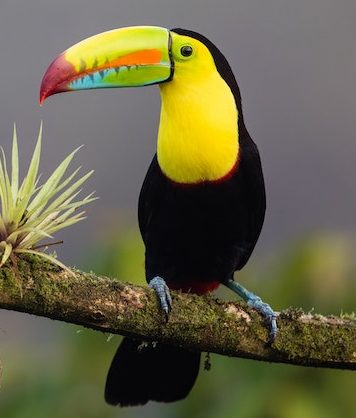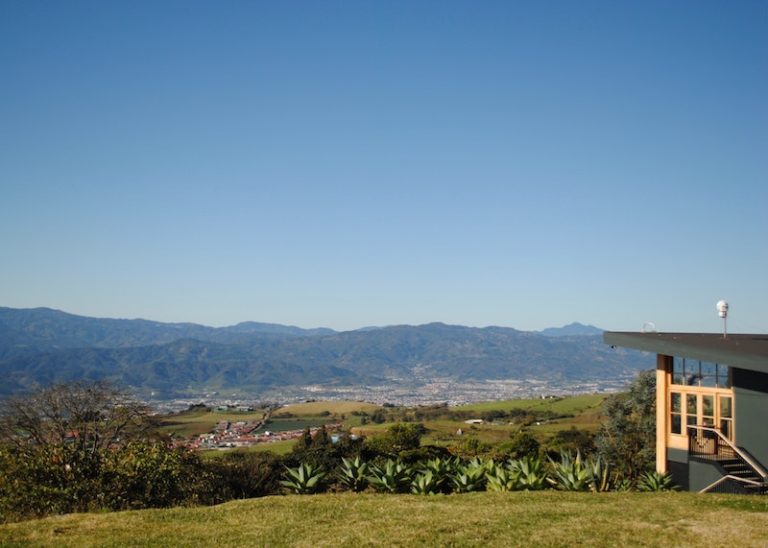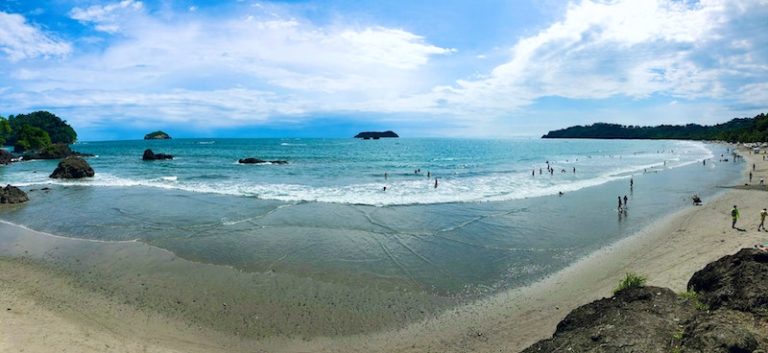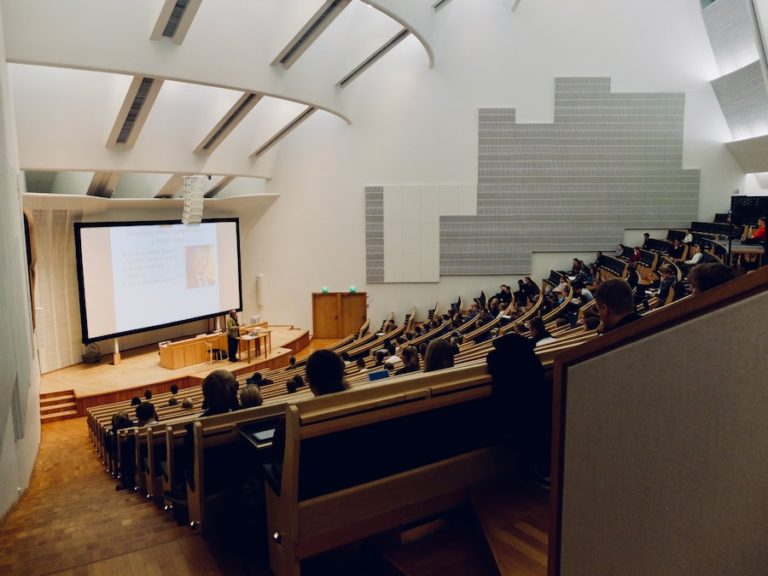Costa Rica: the history of the country
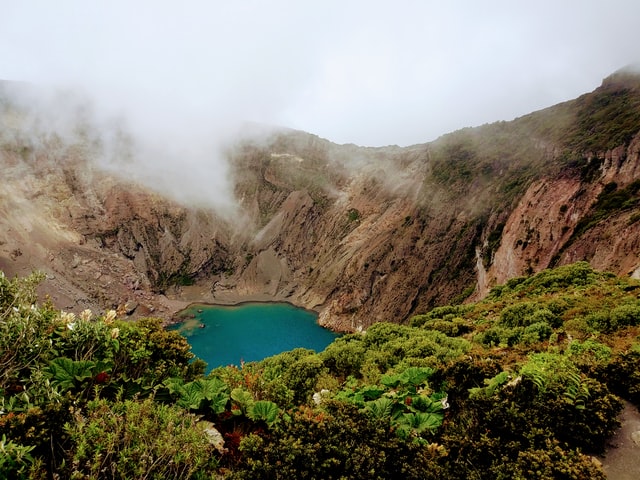
Costa Rica is a unique country with one of the most stable democracies in the world. Its history is rich in various events and significant personalities. What steps has Costa Rica gone through on the road to democracy?
Indigenous tribes
The first evidence of human existence in Costa Rica appeared 12 thousand years ago. By the way, this is the earliest proof in Latin America. Moreover, even some archaeological sites have been found in this country. They are monolithic stone spheres.
In general, about 20 indigenous tribes lived in the territory. The Bribris, the Huetares, the Borucas, the Cabecares, the Chorotegas, and the Malekus are the most prominent local tribes.
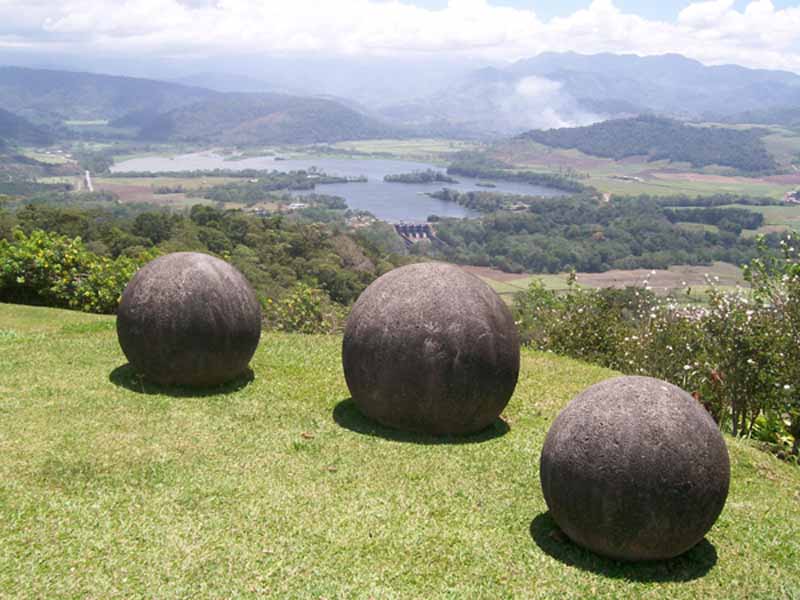
Christopher Columbus – the explorer of Costa Rica
In general, the history of the country of Costa Rica began its record from Columbian times. In 1502, Christopher Columbus landed on an unknown green island and gave it the name “Costa Rica” (“rich coast”). This was his fourth and final voyage.
In addition, there are many versions regarding the name of the country. Some say that Columbus named the country a rich coastline because of the large reserves of gold there. The locals wore gold bands in their ears and noses. And according to historical facts, the explorer was amazed and even stated:
“I saw more signs of gold in the first two days than I saw in Española in four years.”
However, there is another opinion. Some attribute the name to the country’s incredible natural diversity.
And for two and a half centuries Costa Rica remained a colony of Spain. The first capital was the city of Cartago, founded in 1564.
It is important to note that with the arrival of the Spaniards, the indigenous tribes did not last long. Most died of smallpox brought in the country by the Spanish, others fled. And unfortunately, at the moment only 1% of the indigenous population lives in Costa Rica.
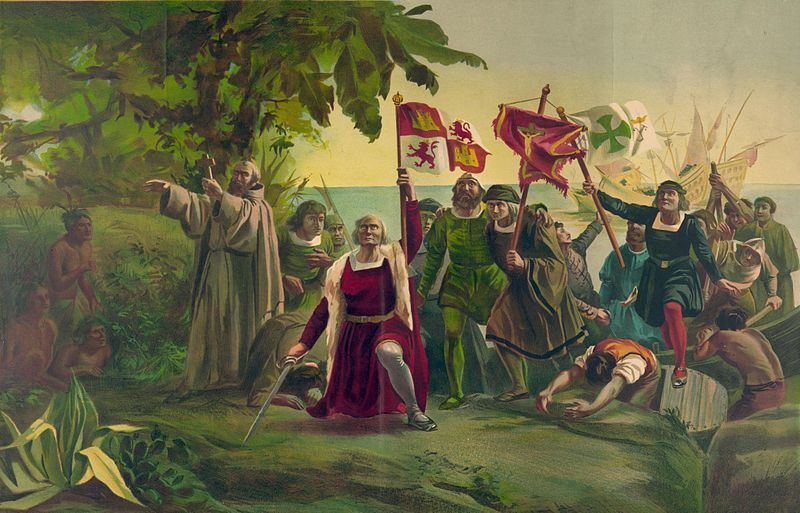
Independence and the path to democracy
In 1821, many Central American countries began to declare independence from Spain. For most Costa Ricans, it was very unexpected. Initially, the country was part of the Mexican Empire. But the civil war and revolution in Mexico led to the overthrow of the emperor and the collapse of the empire.
Costa Rica declared its independence on September 15, 1821.
In consequence, in 1823 Costa Rica became a part of the Federal Republic of Central America. Meanwhile, the city of San Jose was chosen as its capital.
August 31, 1848, was a landmark date in the history of Costa Rica: it declared its full independence and proclaimed itself a republic.
Period of economic development
Interesting is that coffee drove the country’s economic growth. Some locals like to say that Costa Rica was built on coffee. Furthermore, in the 19th century, the country encouraged the cultivation of coffee and even gave free lands for this purpose
Moreover, thanks to the coffee trade, Costa Rica gained access to Europe and European influence.
Thus, the capital of San Jose became one of the first cities in the world that was lit with electricity. Besides, and in 1871 a railway was laid in Costa Rica.

President Thomas Guardia (1870-1876, 1877-1882) made a great contribution to the development of the country. He modernized the education system. Also in 1871, Guardia adopted the Liberal constitution. In accordance with it, Costa Rica has abolished the death penalty and established freedom of religion.
The Civil War and the New Constitution
Overall, in comparison with other countries of Latin America, Costa Rica is famous for its quiet peaceful course of history. But nevertheless, and even in this country, there were sad pages.
In 1948, the civil war lasted for 40 days in Costa Rica. After the defeat in the presidential elections, Rafael Angel Calderon refused to transfer power peacefully.
By the way, this civil war, in which about 2,000 people died, became the bloodiest in the history of Costa Rica.
However, it also had some positive outcomes. On November 7, 1949, Costa Rica adopted a new Constitution. According to it, women and blacks got the right to vote for the first time. Moreover, it proclaimed the abolition of the army.
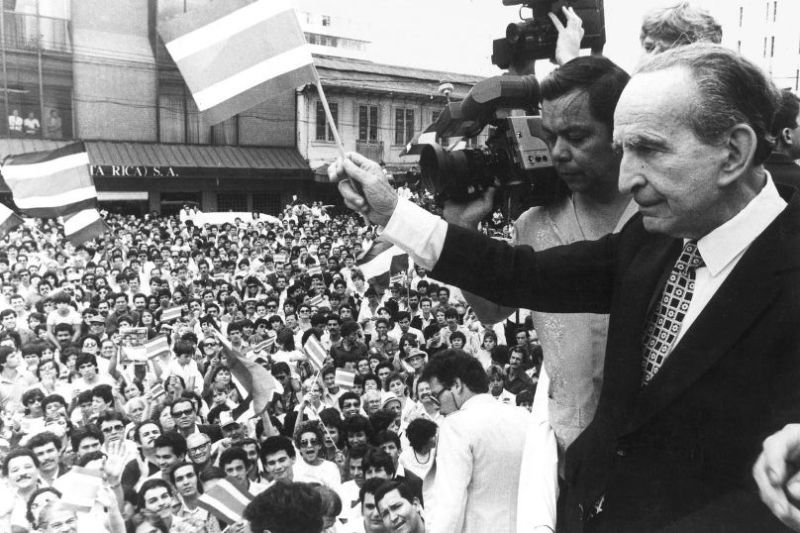
Modern Costa Rica
At present, Costa Rica is known as one of the most stable countries in the world. Of course, ecological tourism is the main source of income. And the standard of living in the country is considered one of the highest in the world.
